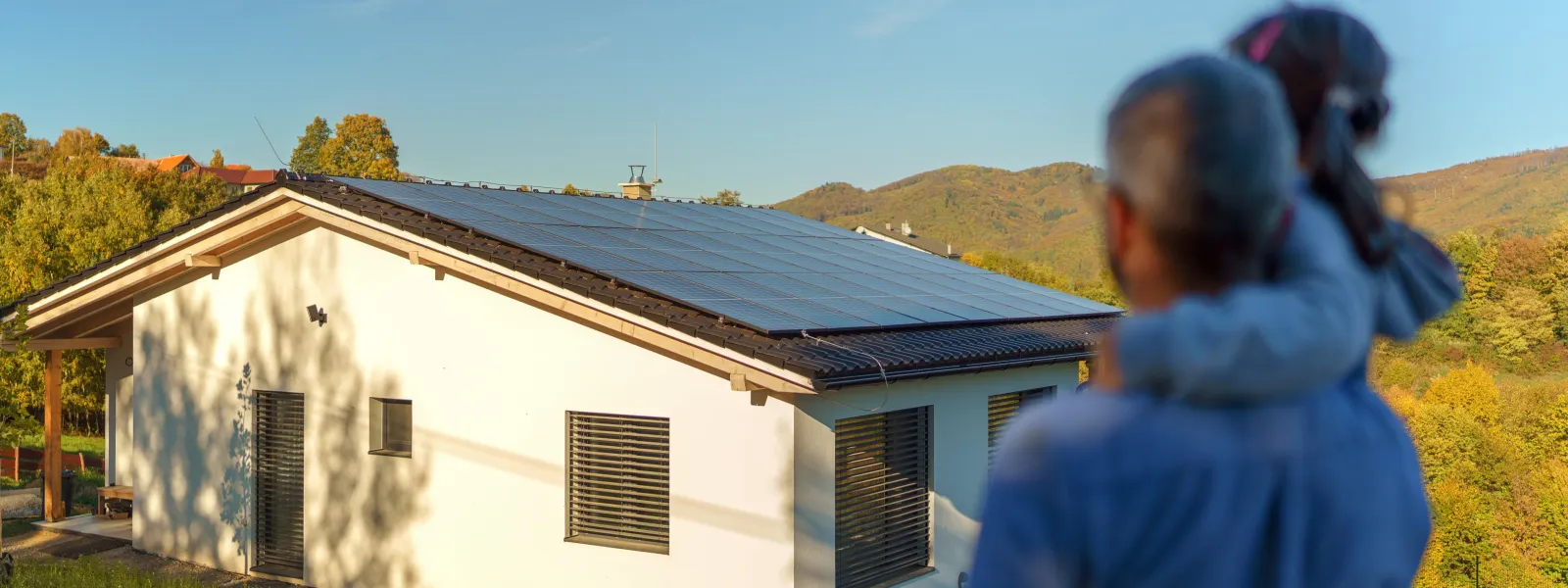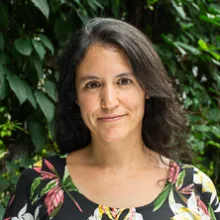
The dilemmas of a just energy transition
Photo: Shutterstock.Humanity has an urgent task ahead: to transform energy systems without continuing to fill the atmosphere with warming gasses and pollutants. This is a fact proven by science. Failure to do so means that our planet will no longer be a safe haven for the the many species that call it home.
The problem is that the necessary transition is far from simple. In addition to the difficulty of cutting dependence on the fossil fuels that have dominated for centuries, it turns out that not just any transition will do.
It’s not just a matter of stopping to burn these fuels, we must also consider other ways to leave behind the development model that has for centuries been separating humanity into winners and losers, while violating human rights.
What is a JUST transition?
There is currently no single concept of what it means for the energy transition to be just. At AIDA, we believe that to be just, the transition must be equitable and inclusive, recognizing that the impacts of climate change and the necessary transition are not evenly distributed. Thus, certain groups—such as those working in traditional energy sectors and/or marginalized communities—may be disproportionately affected.
To get a glimpse of the problem, it’s worth understanding that humanity today is suffering from a myriad of crises that affect the lives and well being of people, especially those in the most vulnerable conditions. These crises include the climate emergency, pollution, biodiversity loss, global pandemics and democratic crises. And at the heart of it all is social inequality, that widening gap between rich and poor that generates disparities in all aspects of life, including access to health, education and economic opportunities.
These crises are interconnected and mutually reinforcing. Responses to one can help solve others, but they can also aggravate them.
For example, when transitioning to clean energy sources not only helps combat climate change, but also reduces air pollution and improves public health, we are solving two problems in one. An example in the opposite direction occurs when a rapid and unchecked transition to electric mobility results in the aggressive extraction of rare minerals such as lithium, which comes from fragile ecosystems on which local communities depend.
Where do we start?
To ensure a just transition, we must be guided by the principles of justice, equity and inclusion, and ensure that the most vulnerable populations are not disproportionately affected.
As Naomi Klein said in her book This Changes Everything, to address the climate crisis we must understand that climate change is not only an environmental, but also a human rights issue.
A just energy transition requires not only ending the burning of fossil fuels, but also addressing economic inequality, including a gender perspective, strengthening social safety nets, protecting workers' rights, respecting the rights of indigenous peoples, empowering communities to participate in decisions that affect their lives, and making reparations to those who have been affected by the current economic and energy model.
What role can litigation play?
Litigation is already moving in step with the dilemmas of the energy transition. We have seen an increase in lawsuits that appear to go against the energy transition, such as those challenging renewable energy generation projects, or pro-transition regulations, or otherwise hindering the transition. But can it be said that these are always "regressive" lawsuits?
A lawsuit to challenge the environmental permitting of a wind generation venture might be blocking the transition, but it is not necessarily regressive. If it is a mega-project, for example, owned by a transnational company that will export all the energy generated without benefiting local communities, and if it intends to be located on indigenous lands without local participation, then it is a project aimed at an "unjust transition" that does not serve us because it reinforces the same model, the one that has us so badly on track.
The report Litigation for a Just Transition in Latin America, published in January 2023 by the Sabin Center for Climate Change Law at Columbia University, and translated into Spanish by AIDA, refers to this type of case.
The report questions the purpose of just transition litigation, asking whether it promotes or obstructs an energy and climate-resilient transition. In this regard, the authors conclude that just transition litigation cannot be fully characterized as regressive or non-regressive in relation to the transition. As such, they consider that just transition litigation should be seen and understood as a new category of climate litigation, with its own diverse rationale.
The issue allows us to reflect on the complexity of the longed-for transition. Faced with this type of dilemma, in AIDA we generally choose to analyze each case, without marrying a dogmatic position. But a constant and, in this sense, valuable starting point is that everything that is carried out in favor of the energy transition—whether projects, policies or actions—must have a strong and decisive focus on the environment, human rights and gender. Without that there is no justice; and without justice there is no remedy or solution.
So we believe that litigation does have a role to play, not only in making the transition happen, but also in making it just.
Florencia Ortúzar Greene

Florencia is the Director of AIDA's Climate Program, and Coordinator of the Climate Finance Area, working from Santiago, Chile. She obtained her Law degree from the Pontificia Universidad Católica de Chile and also completed an MSc in Environmental Politics and Regulation at the London School of Economics (LSE) in England. She joined our team in 2012 and collaborates with Climate and Ecosystem programs. She enjoys spending time with her pets as well as cooking, camping and nature trekking.
